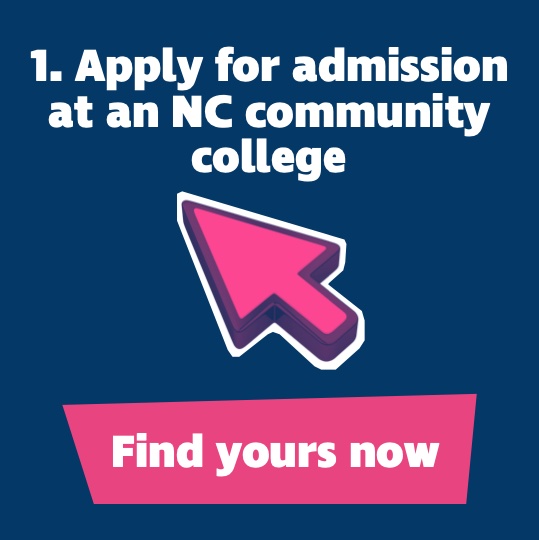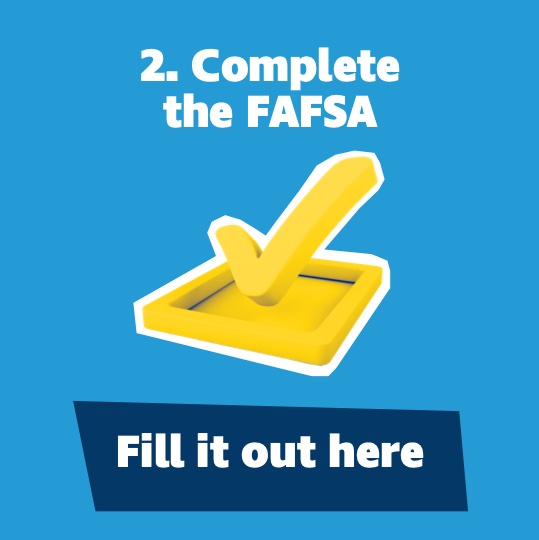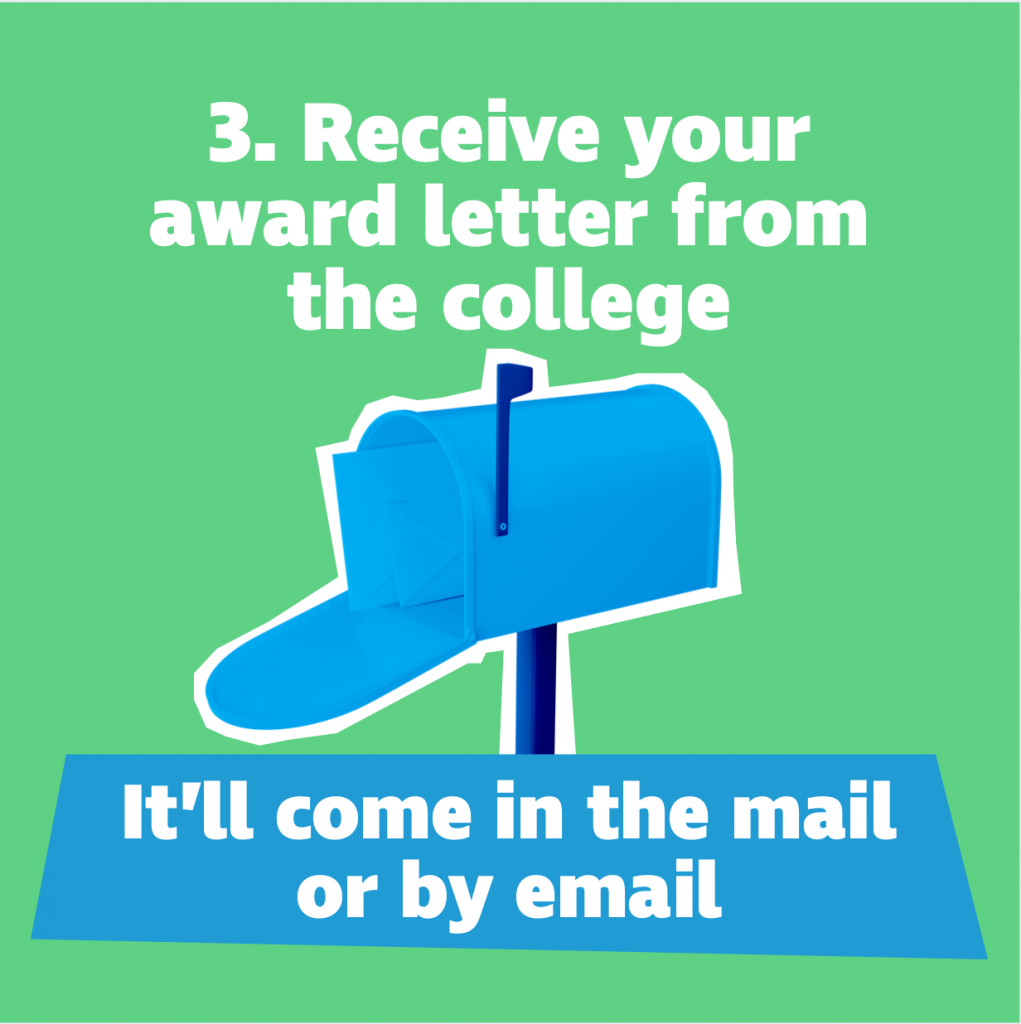
2022 NC HIGH SCHOOL GRADUATES:
There’s a new way YOU COULD EARN A DEGREE TUITION FREE
(Don’t let this opportunity get away. It’ll be the best money you never spent!)
With the North Carolina Longleaf Commitment Grant, money no longer has to be an obstacle to getting a good education that will get you hired. That’s because many 2022 high school graduates in the state, like you, can access up to $2,800 per year for two years—which means you could potentially earn a degree from any of the 58 community colleges across the state tuition free. (You read that right.)
And the best part—other than the grant money itself (which, like a scholarship, never has to be repaid)—is that there’s no extra application to fill out. And there’s no catch, either. All you have to do is finish your FAFSA® (Free Application for Federal Student Aid) and enroll in an NC Community College. Then, if you’re eligible, the financial aid office at your community college will inform you of your grant award.
Who is eligible?
To receive a Longleaf Commitment Grant, you must be:
- A North Carolina resident
- A 2022 North Carolina high school graduate [High school equivalency completers (GED, HiSET) are eligible]
- A first-time college student [Career & College Promise (CCP) and Early/Middle College High School students are eligible]
- Enrolled in a curriculum program for the 2022-2023 academic year
- Taking at least 6 credit hours per semester (Part-time eligible students will receive a partial award)
- A student who has completed the 2022-2023 FAFSA (with a resulting Expected Family Contribution or EFC between $0-$15,000).
To be awarded a grant for the following academic year, all you have to do is:
- Renew your FAFSA for the 2023-2024 school year
- Meet the Satisfactory Academic Progress requirements of your college
Are you still wondering what the FAFSA is? Click to learn more.
How do I get this grant?
What do I need to do to fill out the FAFSA?
- Talk to your parents. (You’ll most likely need their financial information to complete the FAFSA.)
- Review and gather all the necessary documentation.
- Plan a time when you’ll have at least an hour to fill it out together.
- Complete and submit your FAFSA here.
- Find out what happens next and get more useful info.
More about the money
Awards range from $700-$2,800 per year to pay for tuition and fees at an NC Community College. Funding for the grant program comes from the Governor’s Emergency Education Relief (GEER) fund using money from federal COVID-19 relief packages. The NC Longleaf Commitment grant program is a partnership between the NC Governor’s Office, NC Community College System, and the State Education Assistance Authority.
Looking for something else? Find an advisor to connect with at the college nearest you.
If you aren’t able to connect with an advisor near you to learn about the Longleaf Commitment Grant, contact the North Carolina Community College here.

FIND A COLLEGE
Looking for a school closest to you? Click on any of the pin drops and follow links to the colleges’ websites to learn more about their programs and financial aid resources.





